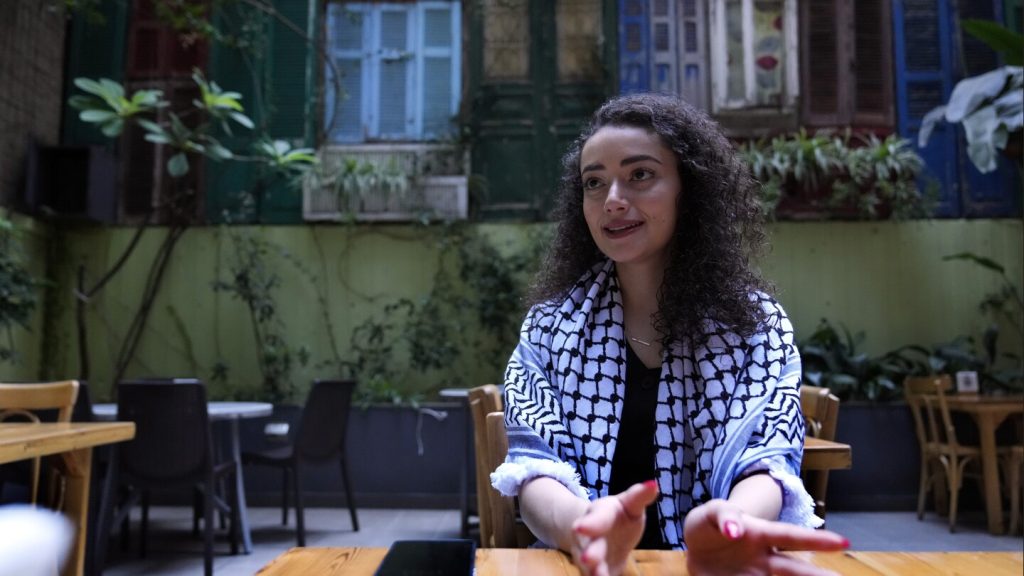Twenty-two-year-old Palestinian journalist Plestia Alaqad gained fame for her coverage of the destruction and humanitarian crisis in Gaza during the recent conflict. With over 4.5 million followers on Instagram, she shared videos of families in refugee camps and hospitals, shedding light on the struggles faced by Palestinians. Alaqad now watches the war unfold from Lebanon, where she is pursuing a master’s degree at the American University of Beirut. Despite being physically distant, her heart remains in Gaza as she navigates the complexities of being both a journalist and a Palestinian witnessing the conflict.
Having lived through three wars in Gaza prior to the recent conflict that began in October, Alaqad was no stranger to the devastation caused by violence. The latest war, triggered by a Hamas-led attack on southern Israel, has resulted in the deaths of over 40,000 Palestinians, extensive destruction of infrastructure, and severe humanitarian crisis. Alaqad’s reporting focused on highlighting the impact of the blockade on Gaza’s civilian population and countering the dehumanization of Palestinians in mainstream media. She aimed to connect with people on a personal level to humanize their stories and experiences, beyond just statistics.
Despite facing challenges such as power and telecom cuts, shortages of basic necessities like food, and the constant threat to her safety, Alaqad continued to report from Gaza until her family secured temporary visas to evacuate to Australia in late November. Concerned about the escalating violence and the high number of journalists killed, Alaqad made the difficult decision to leave, acknowledging the risks of staying and potential consequences. The situation in Gaza has continued to deteriorate, with large-scale displacements, a polio outbreak, and limited access to aid and healthcare services for the population.
As efforts for a cease-fire and the release of hostages remain unsuccessful, Alaqad reflects on the importance of education and advocacy for self-determination for Palestinians. Witnessing the destruction of schools and universities in Gaza has emphasized the significance of returning to report on the region’s reconstruction once the conflict subsides. Despite being physically distanced from Gaza, Alaqad believes that the experiences and memories of her homeland will always stay with her. She hopes for a peaceful resolution to the conflict and looks forward to continuing her journalistic work in Gaza in the future.


